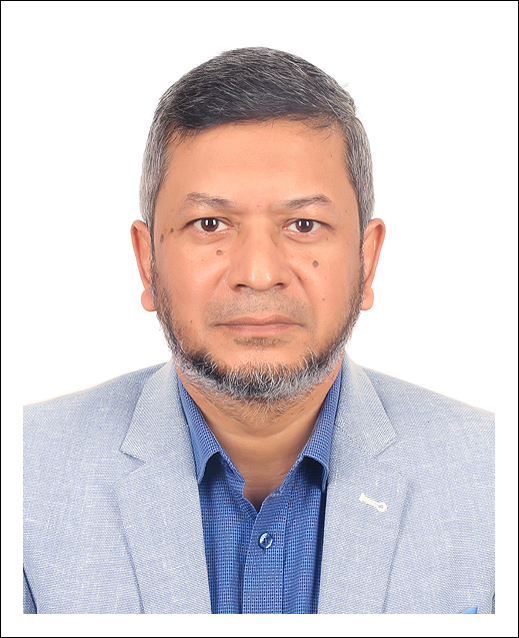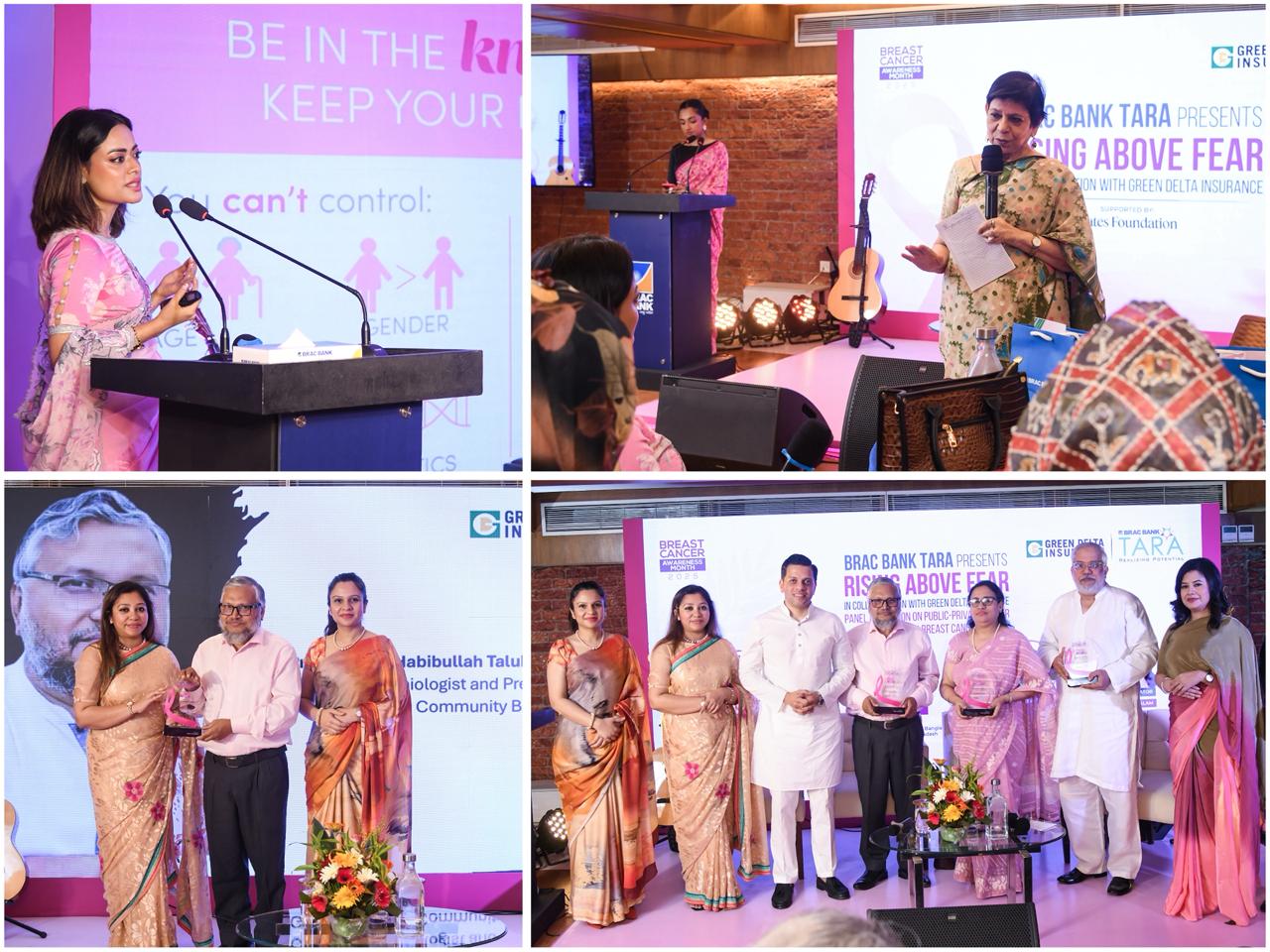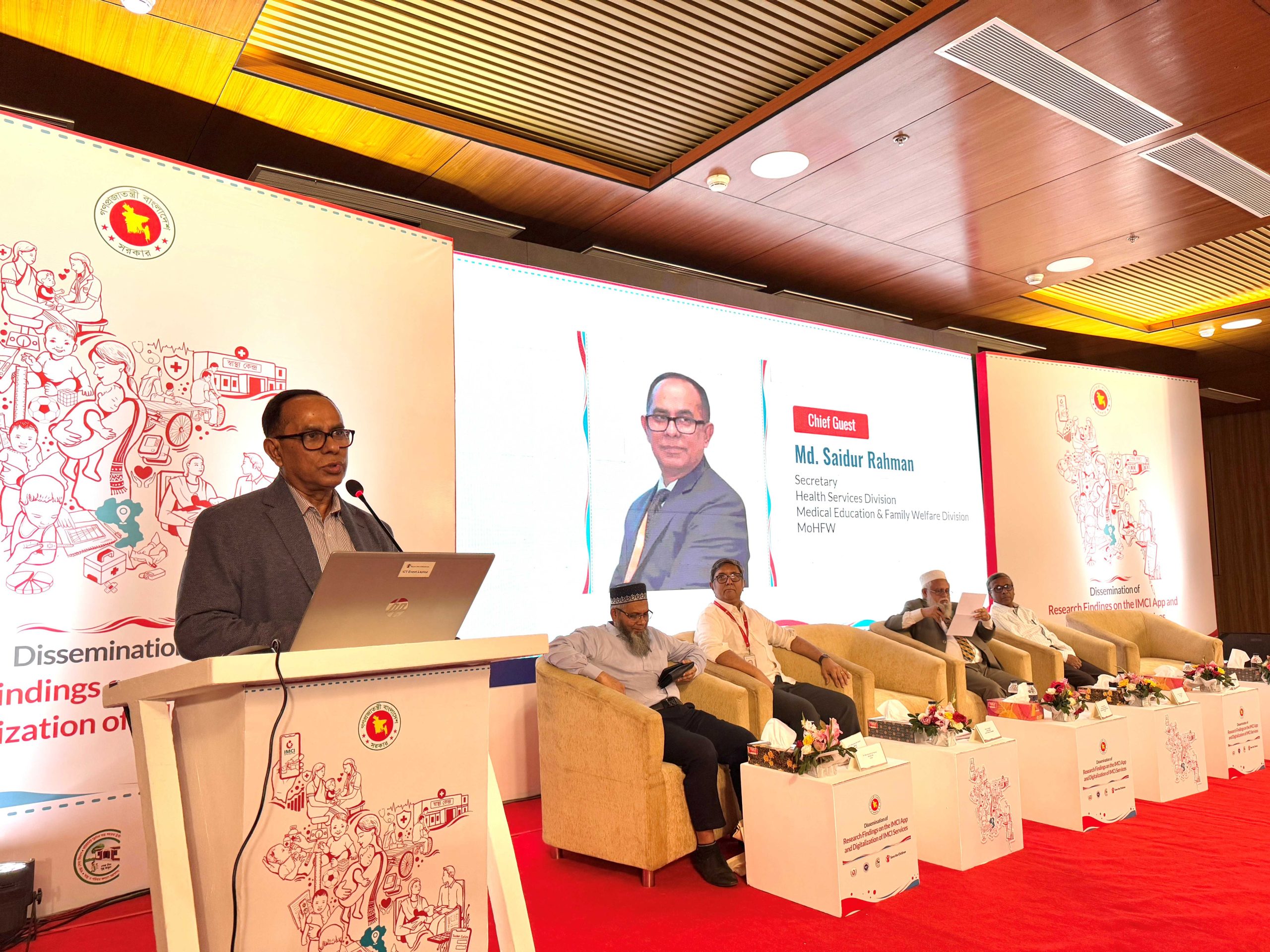It is regrettable to note that the 19th SAARC Summit has been postponed indefinitely as declared by the host country, Pakistan, as a result of India’s pretext of terrorist attacks in Uri town of Jammu-Kashmir on 18th September, 2016. Incidentally, Bangladesh, where the idea of SAARC was conceived and launched, also joined India in boycotting the summit in Islamabad. It may be noted that the SAARC Charter prohibits discussion of bilateral problems between the member states on this multilateral forum for regional cooperation. Therefore, the spirit of the SAARC Charter has been violated.
It may be noted that the SAARC Charter prohibits discussion of bilateral problems between the member states on this multilateral forum for regional cooperation. Therefore, the spirit of the SAARC Charter has been violated.
Over the last thirty-one years of the existence of the forum, many integrated programs of action have been included. Of them, the regional convention on the suppression of terrorism, poverty eradication and the South Asian Free Trade Area (SAFTA) remains hot topics in the SAARC. The authority in India should have availed a regional convention on the suppression of terrorism to discuss how all countries in the region should evolve to a common strategy to stop terrorism in South Asia. Boycotting the SAARC Summit is not a solution; the 6th SAARC Summit was held in Sri Lanka in 1991; during this meeting, an independent South Asian commission on poverty alleviation which included eminent personalities of SAARC countries was established. At one stage of their study, this writer was involved in organizing programs for the members of the commission to witness the activities of BRAC and GrameenBank. The commission studied diverse experiences of member states of the SAARC and recommended formidable macroeconomic targets for the eradication of poverty by 2002. Incidentally; Bangladesh has made tremendous progress in reducing poverty among member countries of the SAARC.
Countries in South Asia are on different levels of the development ladder where some are relatively less developed than others. Nevertheless, they share many common values that are rooted in their social, ethnic, cultural and historical traditions. Of the countries in South Asia – Bangladesh, Nepal, Bhutan, and Maldives belong to the Least Developed Country (LDC) status while India, Pakistan and Sri Lanka do not belong to LDC status. Afganistan was also added as a member of the SAARC during 14th Summit in 2007 which also belongs to LDC status. China, Japan, South Korea, Iran, the USA, and the EU are all welcomed as observers. The perception of a certain specific situation or world political event may differ, but such differences should not create a gulf between them that cannot be bridged.
On the economic front, South Asia Free Trade Agreement was finally reached at the 12th summit in Islamabad in 2004. At the initial stage, Pakistan opposed the free trade agreement contingent upon resolution of the knotty Kashmir problem. The issue regarding Kashmir has been pending since the division of the British India in 1947. Both the countries have gone war three times regarding the dispute over Kashmir without any benefit except the loss of lives and money.
The main objective of SAFTA is to float a free trade area in the SAARC countries. The seven countries are reported to have signed the agreement in 2006 while both India and Pakistan ratified the agreement but it is currently not in full operation. In fact, SAFTA has reduced tariff reduction to 0.5% in two installments while non-LDCs are required to reduce existing tariffs by 20% in two years from the date of entry into force of the agreement with LDCs, therefore, this will bring down the tariff level to 30% during the same period. It was expected that SAFTA will be in full operation by 2016. SAFTA has assumed the lead towards the greater economic integration in SAARC. It is understood that basic purpose of SAARC is designed to accelerate the process of economic and social development in member countries. Among SAARC nations – India, Pakistan, Bangladesh, and Sri Lanka represent growing economies while India represents the largest economy in the region.
Therefore, both India and Pakistan should avoid confrontation for the betterment of millions of people in the SAARC region. Many positives can be derived from the beginning of cooperation on a regional basis such as generating a climate of harmony conducive to a better perception of what countries in the region have in common and the value of this shared heritage. In view of the importance played by SAARC in an economic arena, it is imperative for Bangladesh, being the founder of SAARC, to dispatch a special envoy of the Prime Minister of Bangladesh to alleviate the differences between India and Pakistan over terrorist attacks by holding a summit. On the other hand, the present Chairman of SAARC, Nepal should take initiatives to resolve the impasse to hold a SAARC Summit for the benefit of the people of this region.















